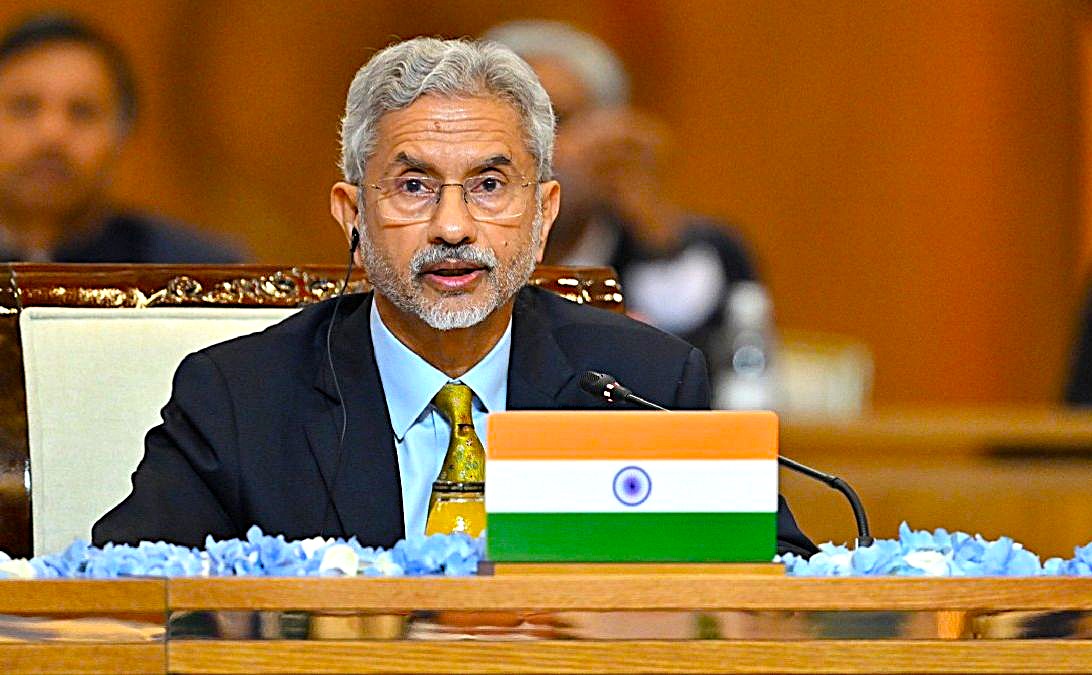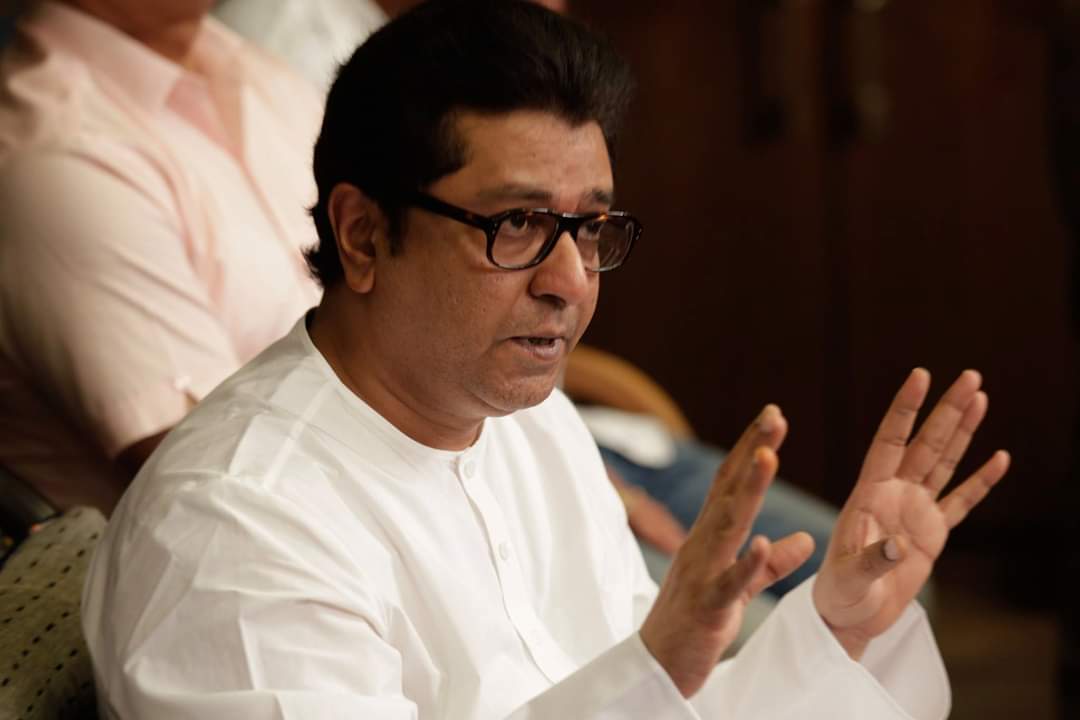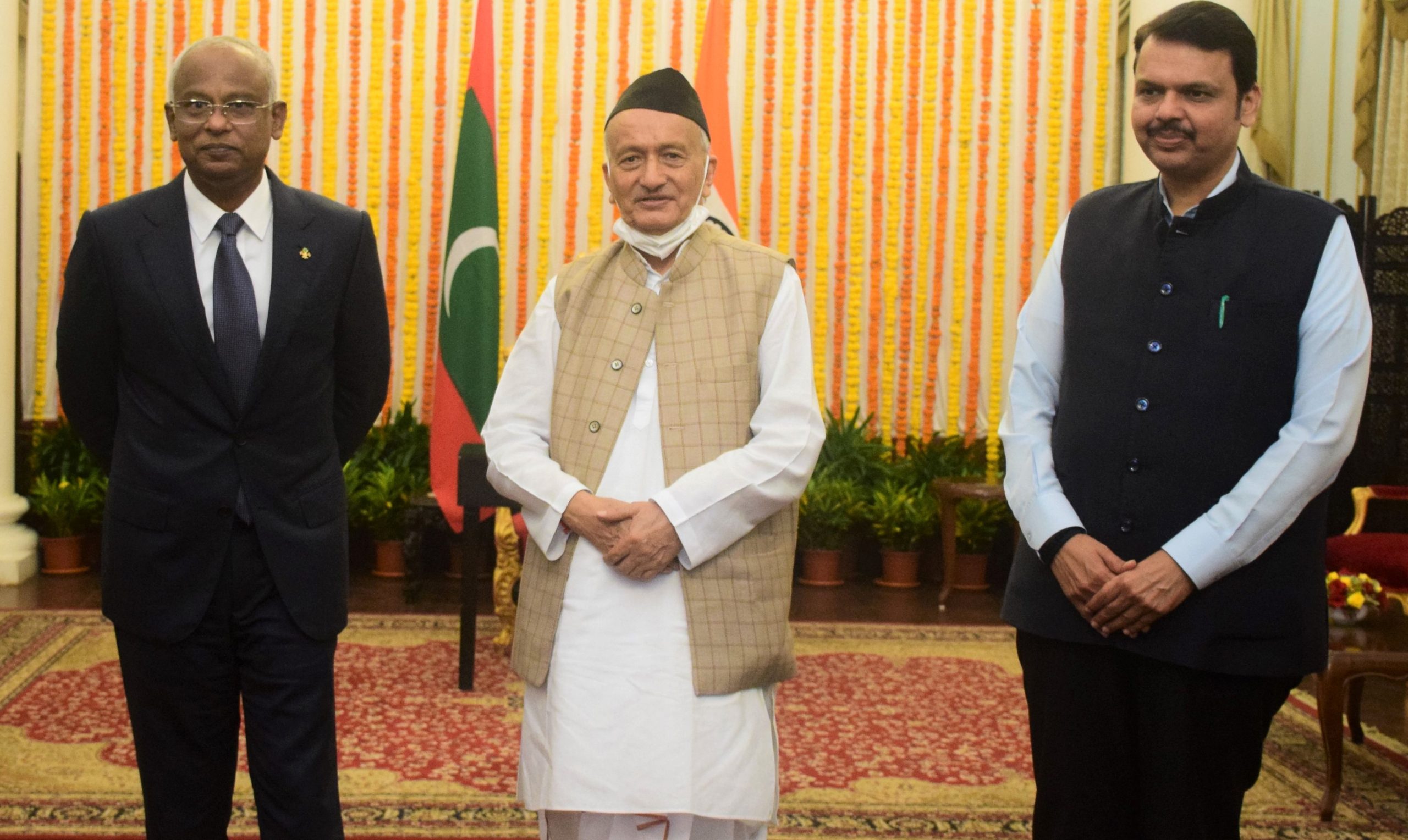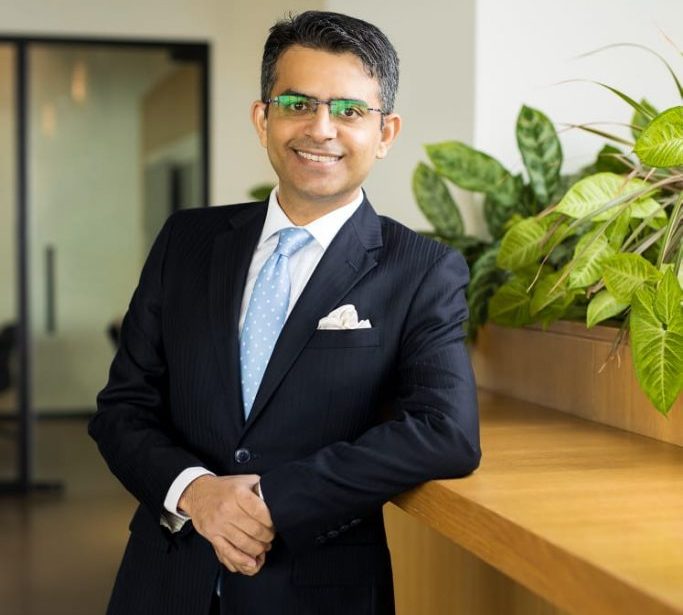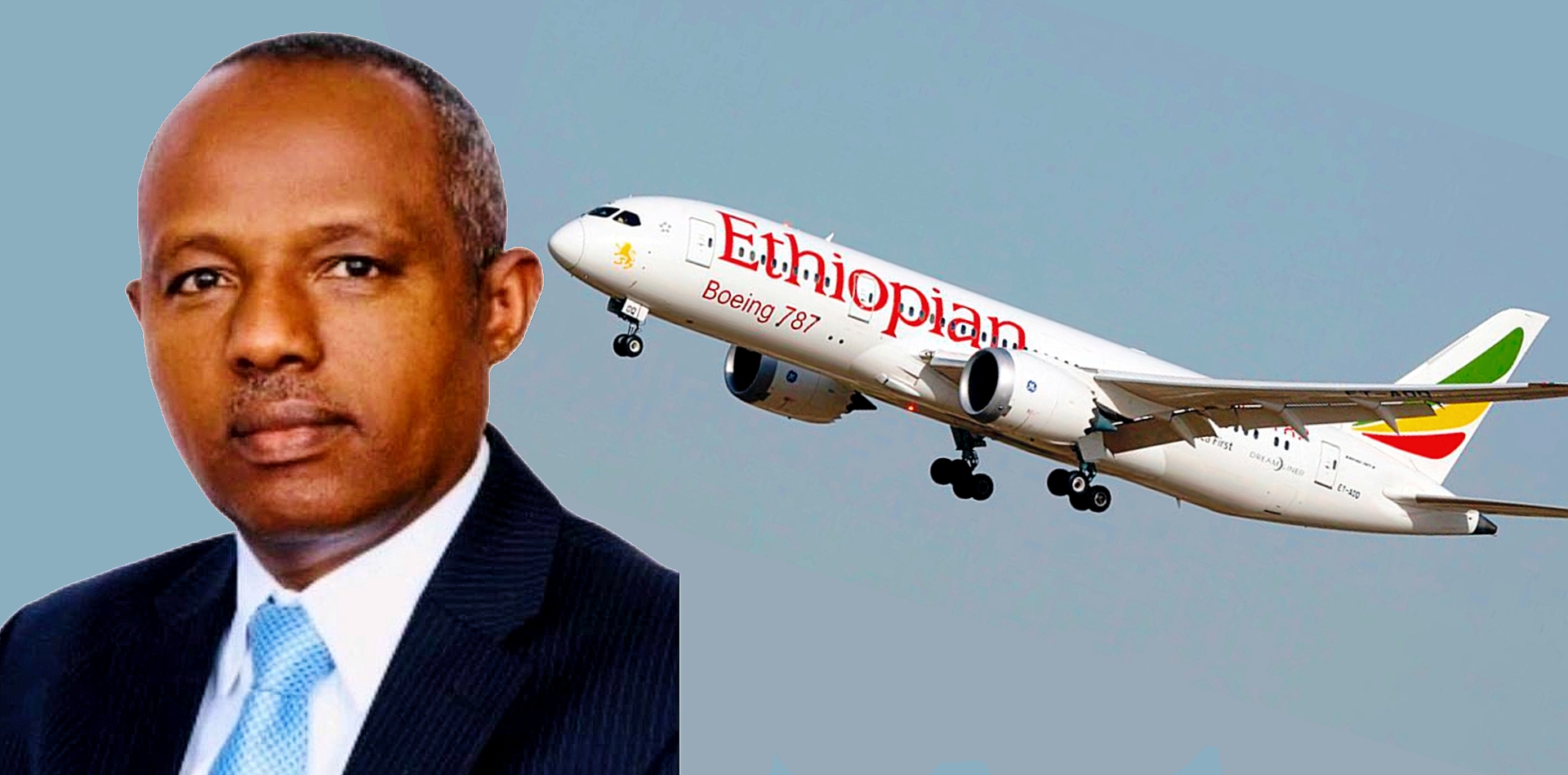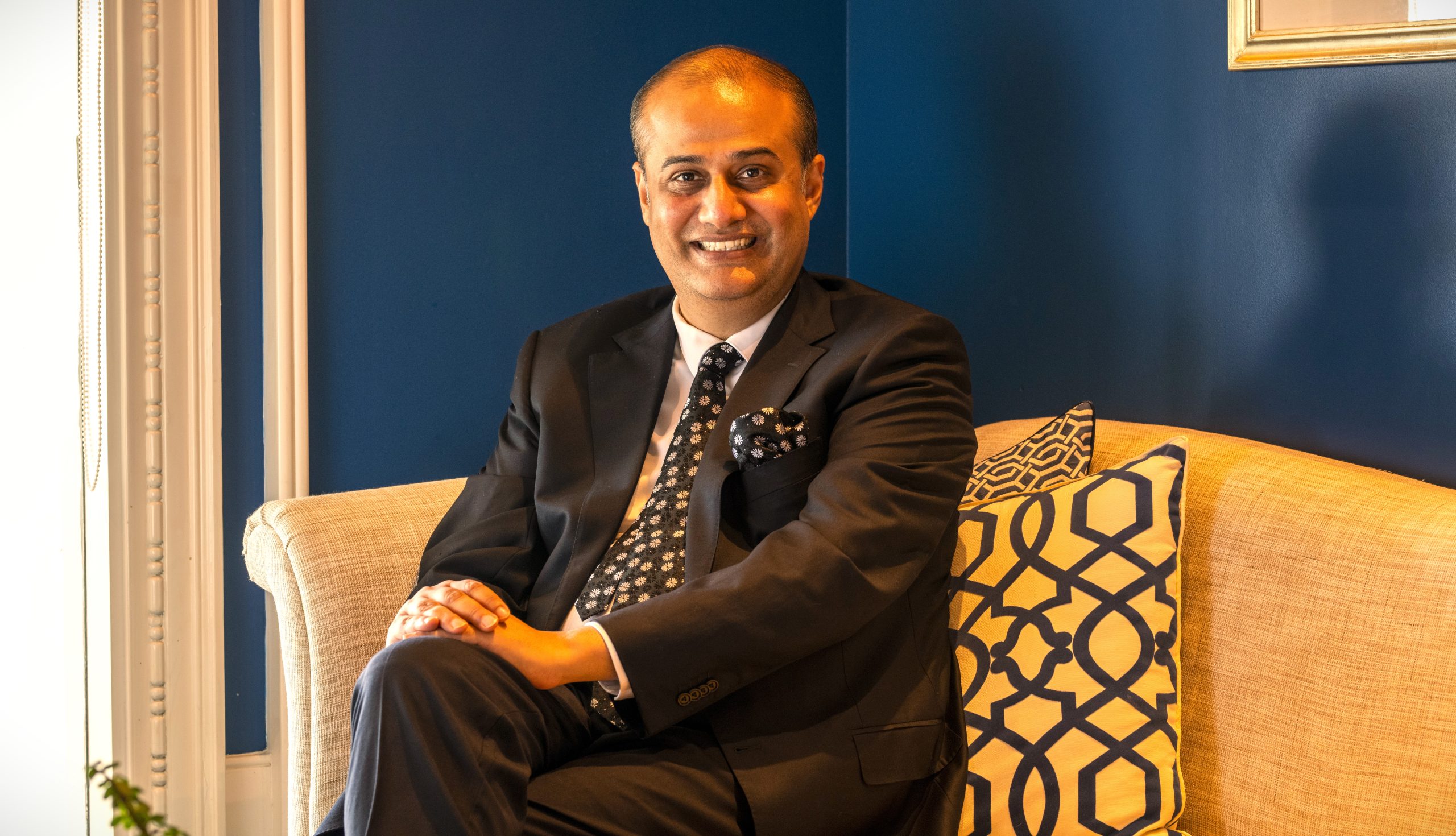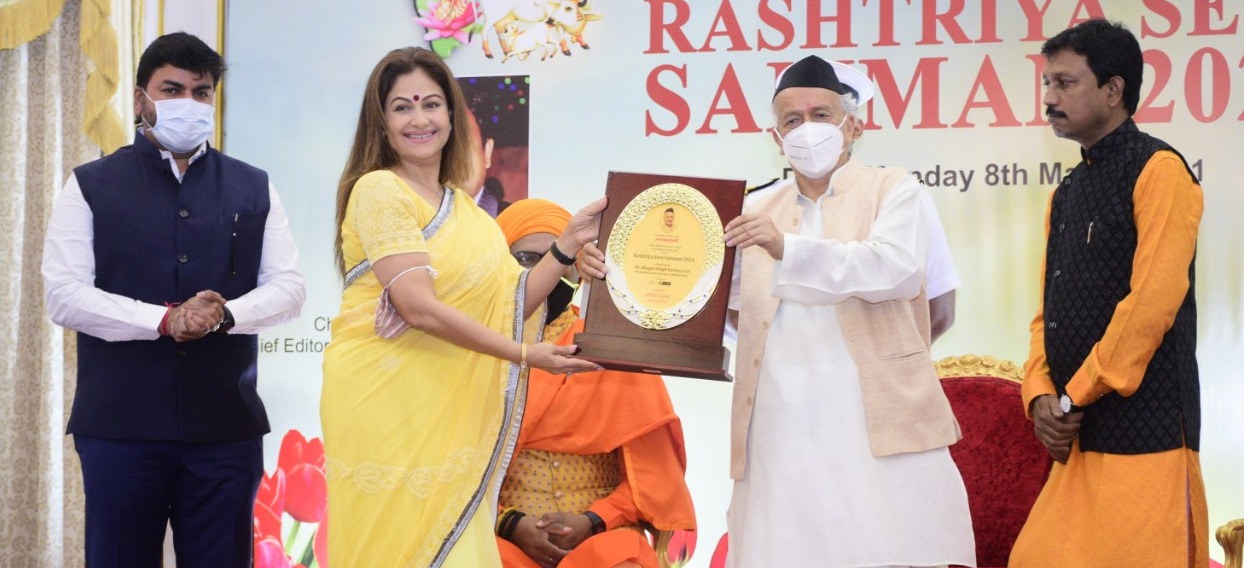By Mewati Sitaram
India’s External Affairs Minister S. Jaishankar emphasized the critical importance of the India-China relationship in shaping the future of Asia and the world, during his address at the Asia Society Policy Institute in New York. Speaking on Tuesday, Jaishankar underscored that in a rapidly changing global order, Asia is at the forefront of transformation, with India leading much of that change.
“Asia is very much at the cutting edge of that change. Within Asia, India is part of leading that change. But that change is stretching the fabric of the global order,” Jaishankar said. He further highlighted that the India-China relationship will not only influence the future of Asia but could also determine the future of the multipolar world.
Jaishankar remarked that India must prepare to rise amidst global volatility and unpredictability. “Typically, when big powers rise, they hope for congenial circumstances. India, however, must rise in an era of unpredictability,” he noted.
During his speech, Jaishankar used three key terms to describe the evolving global dynamics: “rebalancing,” “multipolarity,” and “plurilateralism.” He stated that rebalancing is primarily driven by Asia, noting that several Asian economies, including India, have risen significantly in global rankings. India, which was the 10th largest economy a decade ago, now ranks 5th and is expected to be the third-largest by the end of the decade.
Jaishankar also discussed the shift toward a multipolar world, where multiple independent decision-making centers have emerged, impacting global politics and architecture. He introduced the concept of “plurilateralism,” describing it as a system where countries form alliances based on overlapping interests rather than strictly bilateral relations. This shift, he said, reflects the changing nature of international relations in the modern era.

Editor in Chief : Mewati SItaram

